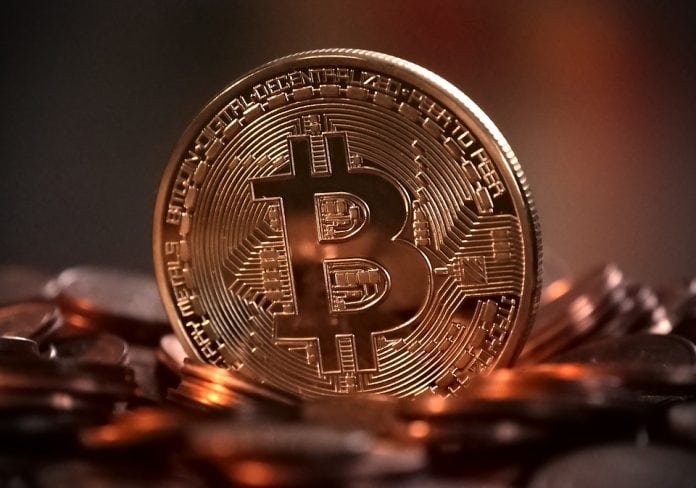
Chinese regulators have always taken issue with cryptocurrency. In September, they decided to implement a comprehensive ban on financial platforms that allow people to buy and sell cryptocurrency in China. In doing so, they also shut down the booming market for initial coin offerings (ICOs), the controversial crowdfunding model that has taken the world by storm.
China’s Regulatory Clampdown
Although China’s ban cryptocurrency trading wasn’t entirely unexpected, it triggered a massive selloff that extended far beyond bitcoin. The total value of all cryptocurrencies in circulation fell by nearly $80 billion in the first two weeks of 2015, reaching the lowest level since early August.
The official reason for banning bitcoin was that the trading platform lacked a “legal basis” to operate in the country. Concerns over the speculative nature of bitcoin investing and its association with money laundering were also cited. Before the ban, China accounted for roughly two-thirds of the new supply of bitcoin each day.
In reality, policymakers are probably concerned that digital assets like bitcoin and Ethereum are being used to facilitate capital flight from the country. This trend has been evident since 2015, when the People’s Bank of China (PBOC) began devaluing the yuan currency more aggressively. So-called virtual capital flight has been cited as a major risk to China’s financial system.
In banning ICOs, regulators said they were cracking down on unauthorized fundraising – a criminal offence on the mainland.
South Korea quickly followed suite by issuing an ICO ban of its own. About a month later, Russia indicated it would be shutting down cryptocurrency trading before Vladimir Putin decided to centralize the mining of digital currencies and back them with the ruble.
Temporary Ban?
Several sources have indicated that China’s ban on bitcoin trading is only temporary, and that policymakers are working on new regulation to govern cryptocurrency.
So, then, why ban it at all? Some have speculated that the ban was an attempt to appease international agencies as well as hardline members of the China’s Communist party ahead of its convention. This view is certainly backed by precedent. Back in 2011, just days before the 18th Community Party Convention, China’s authorities went after the Variable Interest Entity (VIE) – a controversial corporate structure that allowed domestic companies to list their shares in the U.S.
Basically, the Chinese government likes to keep a firm grip on the economy. Although the bitcoin economy remains small in comparison to the broader financial market, it represents an important source of growth and innovation that government officials will want to be part of moving forward.
In fact, high-ranking members of the PBOC have already signaled their interest in reviving the cryptocurrency market – on their terms. Yao Qian, director of the PBOC’s Digital Currency Research Institute, has called for a state-run cryptocurrency. In his view, by bringing cryptocurrency under the control of government, investors will have a tangible asset that is less susceptible to volatility.
Bull Market Continues
China’s ban delivered an initial blow to the cryptocurrency market, but that hasn’t stopped it from returning to record territory. Bitcoin recently surpassed $6,000 for the first time ever – a milestone that would have seemed unconceivable a month earlier. The market’s bull run looks poised to go higher in the short-term as traders continue to buy the dips.
That’s not to say it’ll be smooth sailing from here. Quite the contrary, as a matter of fact. Several nations are beginning to chime in on the cryptocurrency debate, each formulating their own way forward on cryptocurrency. Japan has adopted an open-door approach by regulating bitcoin as a payment method. For other nations, the rules won’t be so cut and dry.
Bitcoin has added more than 500% this year, dwarfing the stock market’s gain following President Trump’s election. Its latest string of record highs suggest investors are already looking past China’s regulatory crackdown, regardless of what policymakers do next.
For their part, many Chinese investors have already diverted their crypto-funds elsewhere. Japan, Hong Kong and Singapore have reportedly received an inflow of capital from Chinese investors looking to invest in cryptocurrency in the wake of the ban.
Bitcoin financial trading platforms continue to be busy. Earlier this month, Coinbase announced instant purchase of up to $25,000 in bitcoin for all its U.S. investors. Prior to that, investors had to wait between three-to-five days to clear their purchase.



































